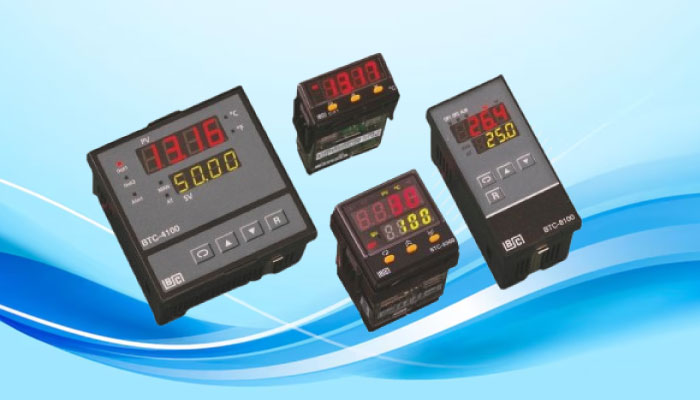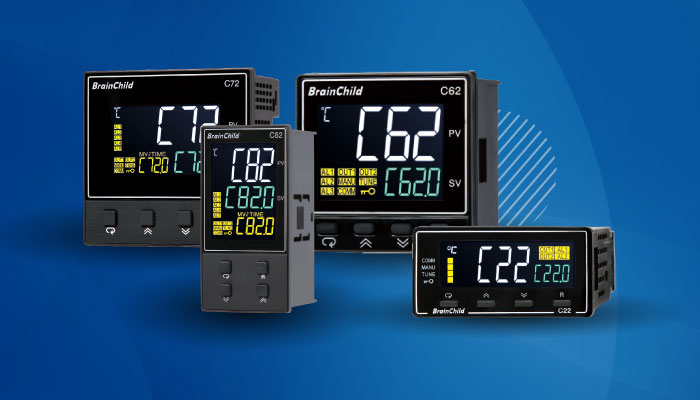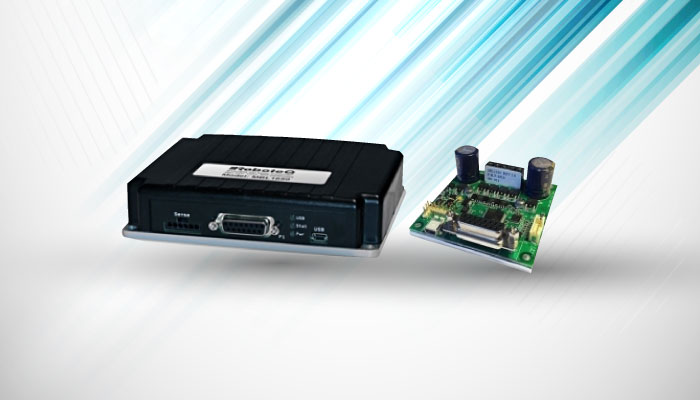Why PID Controllers Still Rule the Floor in Industrial Automation

In an era where artificial intelligence, machine learning, and advanced control algorithms dominate conversations about industrial automation, one might expect traditional technologies to fade into the background. And yet, PID (Proportional-Integral-Derivative) controllers continue to hold their ground—quietly but powerfully.
Far from being obsolete, these controllers remain essential across industries like manufacturing, oil and gas, power generation, and water treatment. But why, exactly, do PID controllers continue to dominate industrial automation?
- Simple Logic, Powerful Results
At their core, PID controllers operate on a straightforward principle: maintain a process variable (like temperature, pressure, or flow) as close as possible to a desired setpoint. They do this using three basic terms:
- Proportional (P): Corrects the present error.
- Integral (I): Eliminates past errors.
- Derivative (D): Anticipates future errors.
This three-pronged approach is deceptively simple but incredibly effective. Unlike complex algorithms that require massive datasets and tuning, PID controllers can be implemented with basic understanding and minimal computation—making them ideal for fast, responsive control in real-world systems.
- Built to Last
PID controllers have been around since the early 20th century, and their track record speaks volumes. Their continued use is not about resisting change—it is about proven reliability. When you are running a critical system that cannot afford downtime or failure, you want something you know will work. PID controllers provide that confidence.
Whether it is controlling boiler temperatures in a power plant or maintaining fluid levels in a chemical process, PID controllers deliver consistent, stable performance—even in harsh or unpredictable environments.
- Less Hassle, More Control
One of the biggest advantages of PID controllers is their ease of integration. Engineers and technicians around the world are trained to understand and work with them. The simplicity of the algorithm allows for easy tuning and troubleshooting, and that means quicker response times when things go wrong.
Compare that to newer, AI-driven systems that often require a team of data scientists and software engineers to install, maintain, and interpret. With PID controllers, you are not just saving on implementation costs—you are reducing complexity and ensuring long-term sustainability.
- Fast Reactions That Matter
Industrial environments are fast-paced and require immediate responses to changes. PID controllers shine in this area. Because they operate in real time with minimal latency, they can quickly correct deviations from the desired output. This responsiveness is especially important in systems where even minor fluctuations can lead to safety risks or significant product losses.
- Endless Use Cases
From the simplest fan control in HVAC systems to complex motion control in robotics, PID controllers are everywhere. Their versatility is unmatched. They can be embedded into microcontrollers for compact systems or scaled up for large distributed control systems in manufacturing plants.
Because they are so adaptable, PID controllers often serve as the foundation upon which more complex systems are built. Even advanced control architectures like Model Predictive Control (MPC) or fuzzy logic sometimes incorporate PID loops as part of their base control structure.
- Adapting with the Times
With the rise of digital control systems and SCADA (Supervisory Control and Data Acquisition), modern PID controllers come with advanced features like auto-tuning, remote monitoring, and adaptive control capabilities.
These innovations have helped PID controllers evolve with the times, integrating seamlessly into smart factory setups and Industry 4.0 initiatives without losing their core strength—stability and reliability.
Why PID Is Still the Smart Choice
Trends in automation may change, but when it comes to reliability, some things never go out of style. PID controllers have stood the test of time, they are consistently effective. Their true strength lies in their simplicity, flexibility, and ability to perform reliably in the real world.
As industries embrace digital transformation and automation becomes more advanced, PID controllers quietly continue doing what they do best—keeping systems stable, safe, and running without a hitch. In a world chasing the next big thing, PID remains the smart, steady choice.
Need help implementing reliable control systems for your industrial operations?
At Theta Controls, we specialize in designing robust automation solutions rooted in proven technologies like PID controllers—backed by smart integrations and expert support.
Reach out to us today and discover how we can optimize your system for precision and performance.

